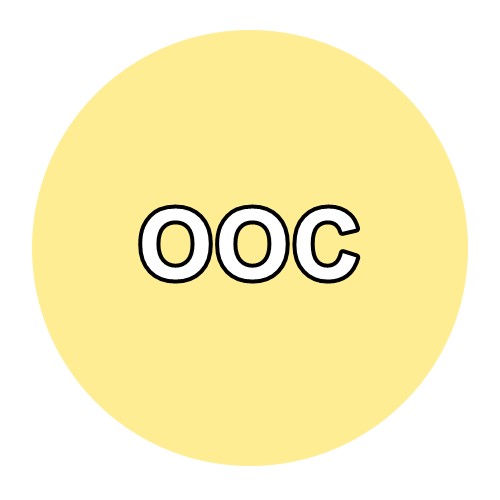So true! There’s loads of information packed into the core book. Breaking some of it out into card decks at the table saves a lot of page flipping, and makes that info easier to share between players too, if need be.
completelynormal
- 0 Posts
- 5 Comments

 2·3 years ago
2·3 years agoIt’s an ongoing process, I think. Browsers aside, open source software packages like GIMP include a webp plugin in the base package now; as does Libre Office. Though both of those developments are relatively recent, in the grand scheme of things.
Those are the ones! I can’t speak for the other three decks, but the Factions & Locations option have been very helpful, for me.
More experienced Blades GMs may find them less useful, as they primarily rely on information already present in the core book.
Nonetheless, I found having relevant, thoughtfully grouped, and condensed information available on cards, to be a lot more convenient than loads of extra A4 sheets at the table.
I like the “Blades in the Deck” faction & location cards. An easy and convenient way to reference information from the core book and playkit.

For those interested, here’s an additional article from Christian Hoffer at Comicbook.com (ie. not me), that offers a bit more insight on the Daggerheart mechanics:
https://comicbook.com/gaming/news/daggerheart-first-impressions-critical-role-gameplay/